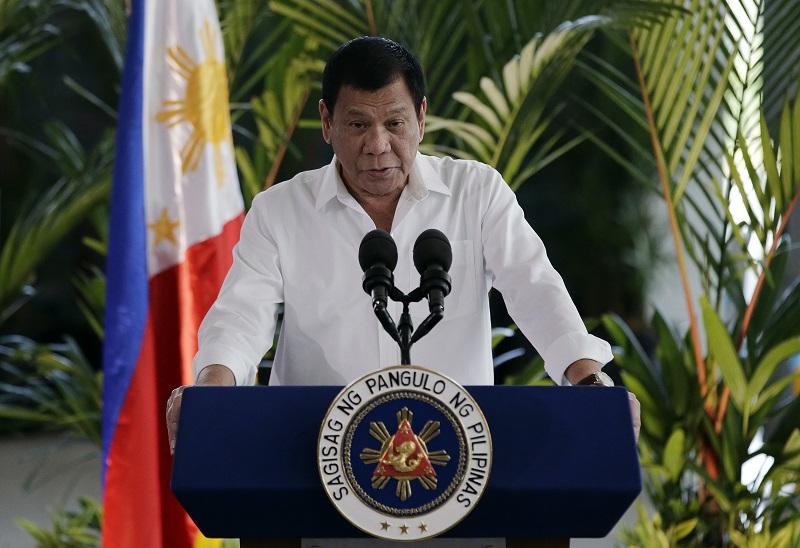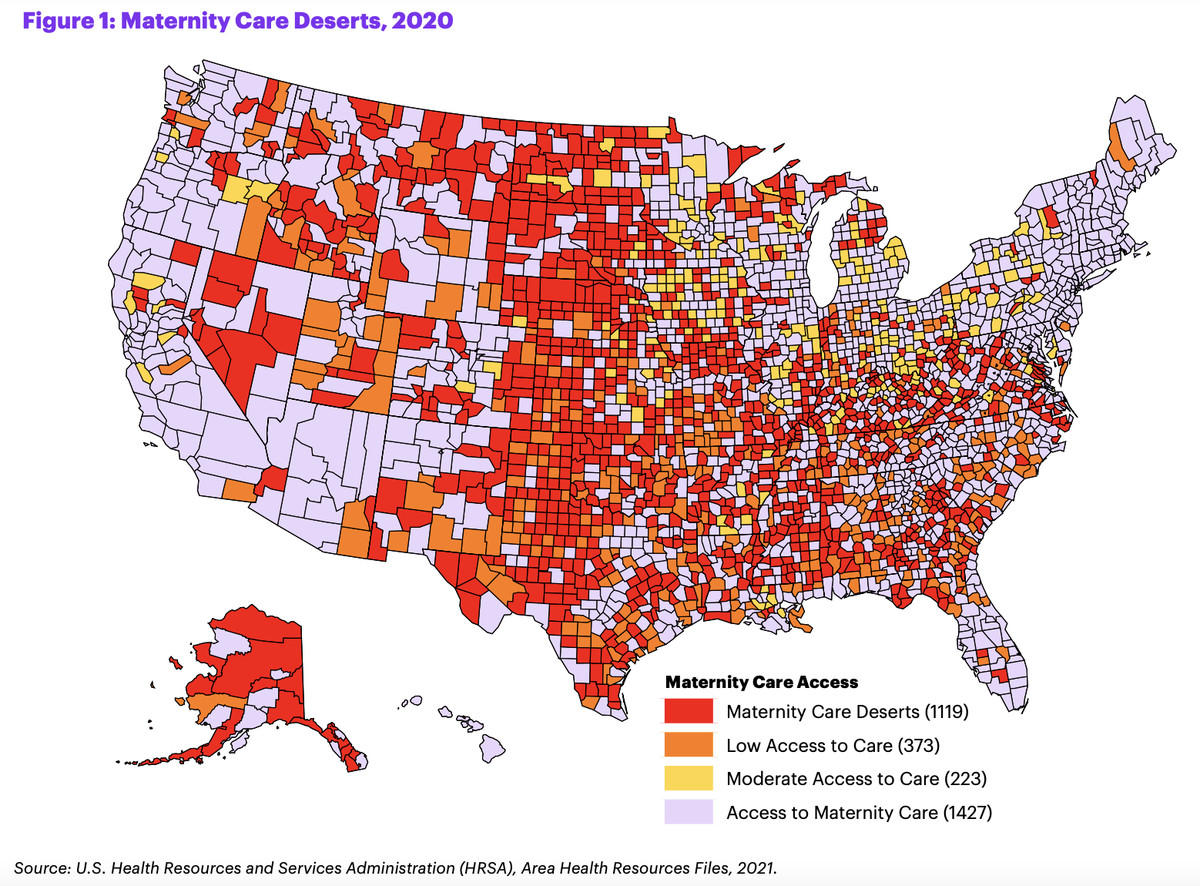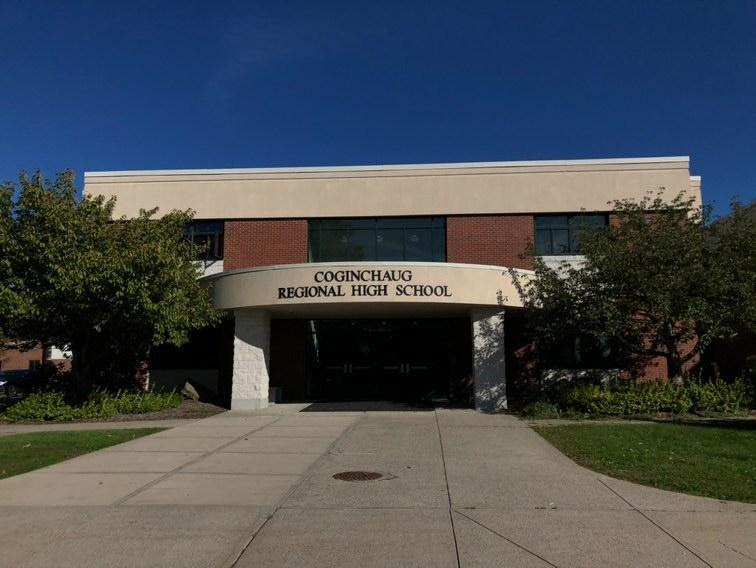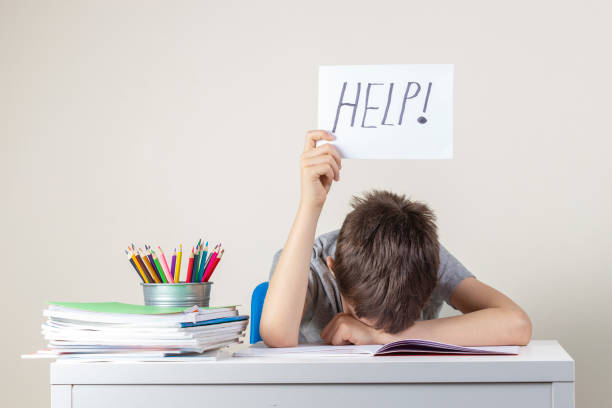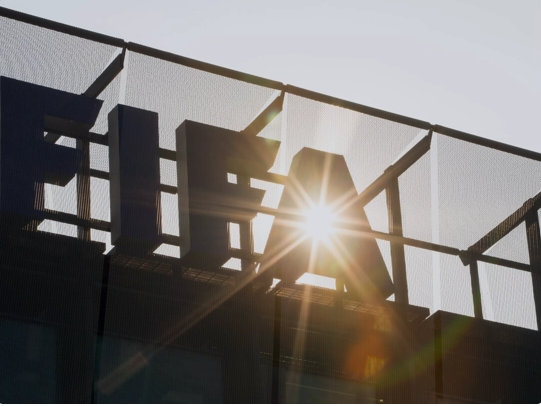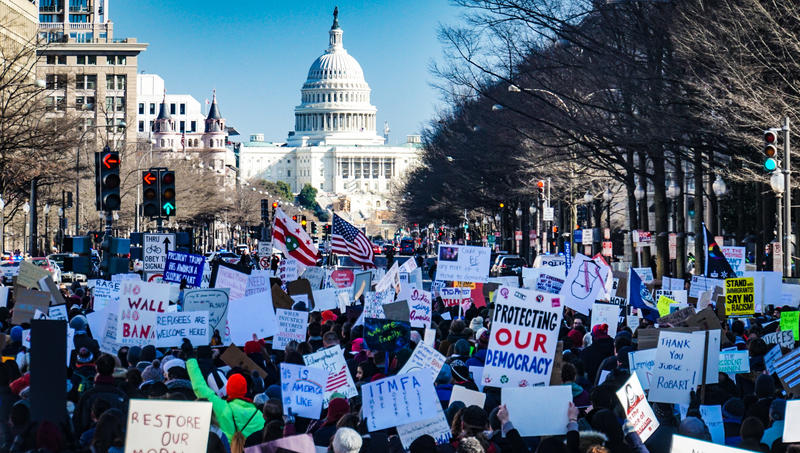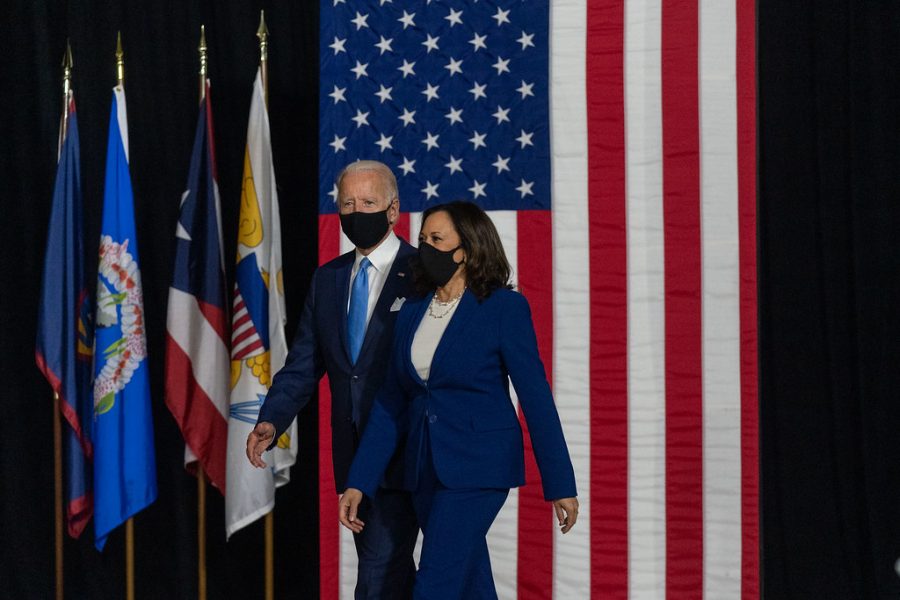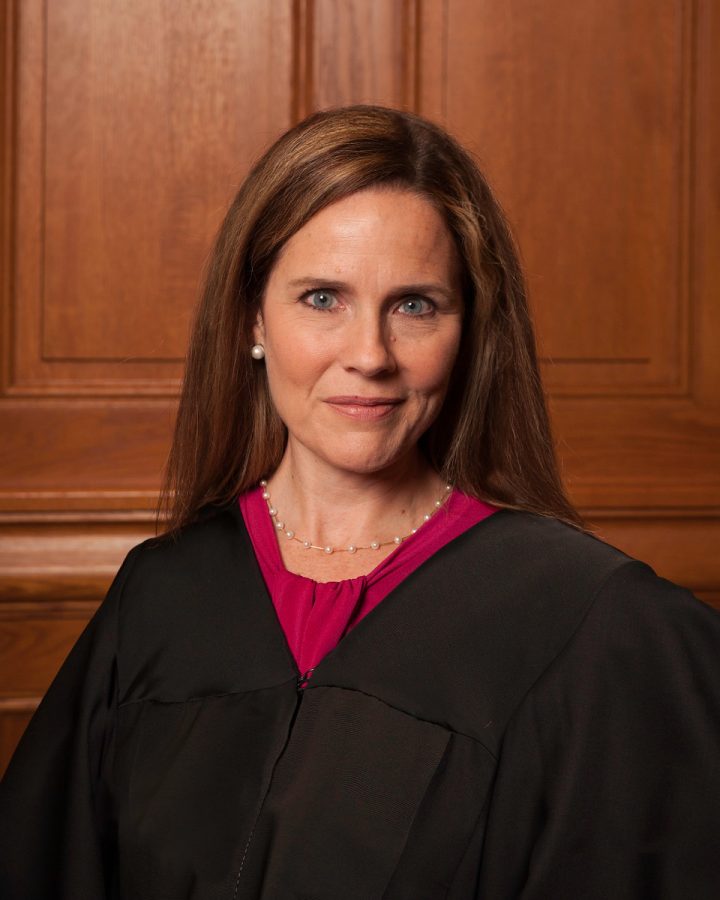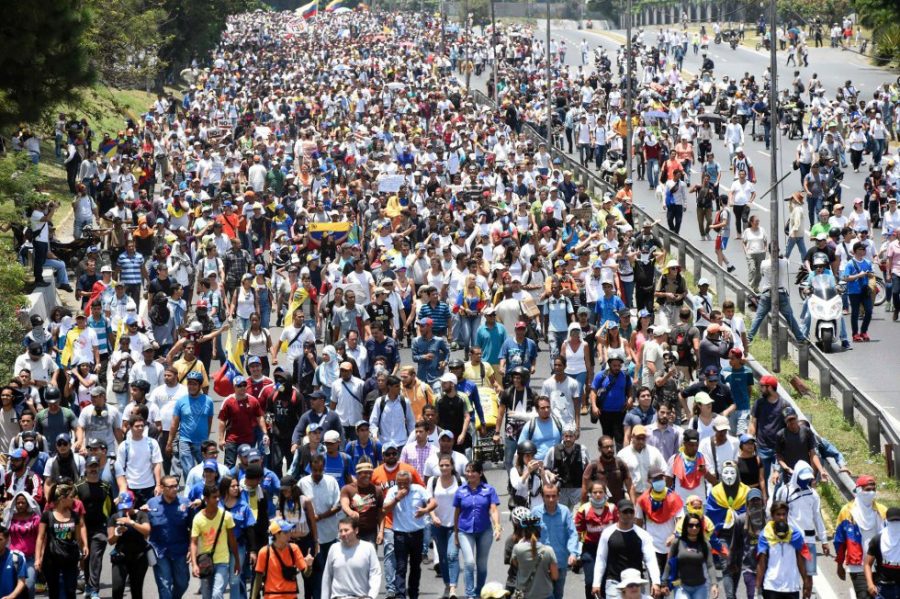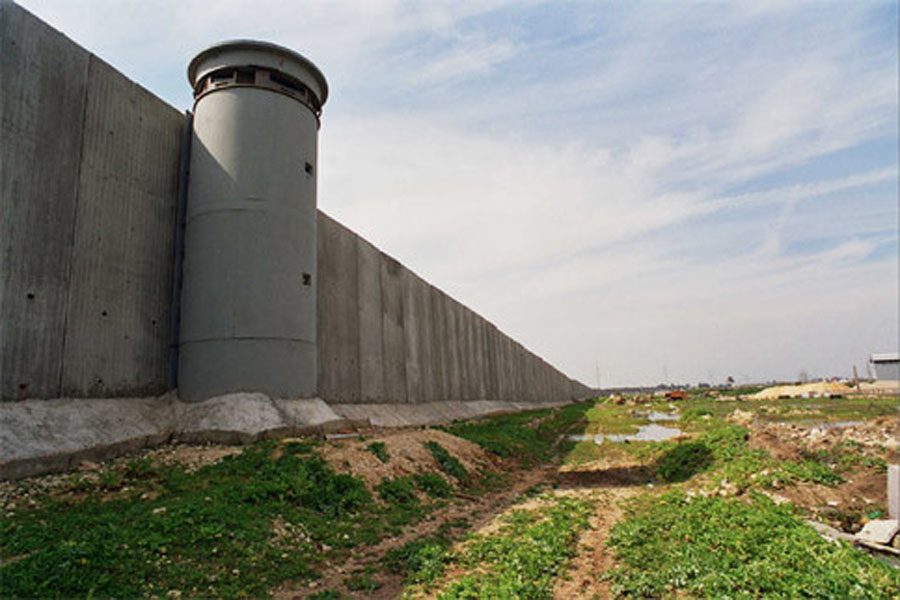By Jose Cadena
On June 30, Rodrigo Duterte took power as the president of the Philippines. Duterte has become internationally infamous for two things: his retrograde war on drugs and being a highly inappropriate politician. Through his campaign, he was compared to the at the time Republican candidate Donald Trump because of his ill-mannered declarations. During his campaign, he made a joke about an Australian missionary woman who was raped and murdered in a prison riot in Davao, the city in which Duterte was the mayor for 21 non-consecutive years: “I was angry because she was raped, that’s one thing. But she was so beautiful, the mayor should have been first. What a waste.” As president, he called Pope Francis a “son of a whore,” the same insult that he would use later towards US President Barack Obama. “Hitler massacred three million Jews,” Duterte said. “Now, there is three million drug addicts. I’d be happy to slaughter them.” Duterte is part of those few political figures that would dare to link himself with a man responsible for one of the greatest genocides in history, without getting his historic facts right (ie: the known six million Jews who were killed during the Holocaust).
Yet, Duterte’s triumph isn’t impressive. It is the result of the corruption in the government and the business sector and a severe drug problem in the archipelago.
It is true that the Philippines has improved over the last few years. Since 2010, according to “The Economist”, the Philippines has reported a 7.1 percent growth in their GDP, the World Bank has estimated that poverty will disappear in the next generation and journalist, political scientist and Asia-based academic Richard Javad Heydarian stated that they can achieve sustainable development, becoming the fifth Tiger economy if “a political administration… is focused on effective governance and the enhancement of the regulatory capacities and developmental policies of the state.”
However, there is currently an imbalance in sustainable development: just 40 families control 76 percent of the national GDP, in a country of almost 100 million people. The establishment is corrupt to the core; 168 families share power on 73 of 80 provinces and 80 percent of the seats in Congress.
Rodrigo Duterte’s approval is 76 percent of the country, according to Social Weather Stations. He is a fresh character, out of the elite–one of the main reasons why he won, along with his “punisher” policies. Duterte is a demagogue, and like the structure of demagoguery requires, he has an enemy to fight. For leaders like Marine le Pen, Islam and immigration are the biggest threat to France; for Nicolas Maduro, the evil American Empire and the cruel waves of capitalism; for Donald Trump, the liberal media and the “fearful” globalization. Duterte picked a more simplistic but not less effective villain: the drug dealers and (because he understands the law of supply and demand) the drug addicts.
Duterte was also the symbolic mayor of the Davao Death Squad. This vigilante group killed anyone suspected of drug trafficking or drug consumption; more than 1,000 people died between 1998 and 2008, according to “The New York Times”. As president, he has kept his policies, and the drug-related violence has spread nationwide, taking more than 4,500 lives, many of them innocent civilians, and even children, who happened to be in the wrong place at the wrong moment. Duterte said in an interview with Al Jazeera that these deaths are “collateral damage” and called to the people to take action against anyone suspected of drug-related crimes.
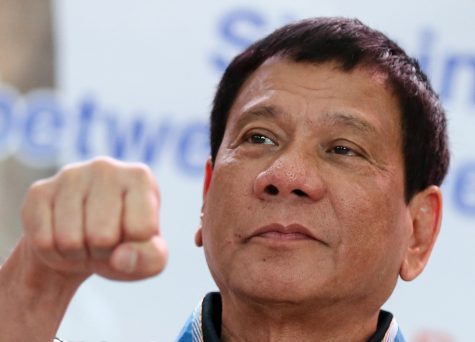
In his first press conference after the election day, he openly stated that he supports the death penalty, which was abolished in the archipelago in 2006, using hanging as a method of execution. He also demands having between five and six executions daily. Furthermore, the extrajudicial killings remain in impunity, and Duterte himself has claimed in a press conference to the BBC that he killed three presumed guilty of kidnapping and rape: “I killed about three of them. I don’t really know how many bullets from my gun went inside their bodies.”
Different organizations, including Amnesty International USA, Human Rights Watch and United Nations Foundation have severely criticized this approach to the drug problems in the Philippines, without major changes. The European Union urged Duterte’s government to investigate human rights abuses. His highly elegant answer: showing them his middle finger. This behavior would be the ending point of the political career of many influential people that come to our mind but not for him.
Although Obama asked Duterte to follow the law to solve drug addiction and trafficking in the Philippines, the President-elect says that he supports this new war that in less than six months of Duterte’s time in office has led to 4,500 deaths, as reported from Al Jazeera. This makes it seem that the war will continue its course in the coming years.

